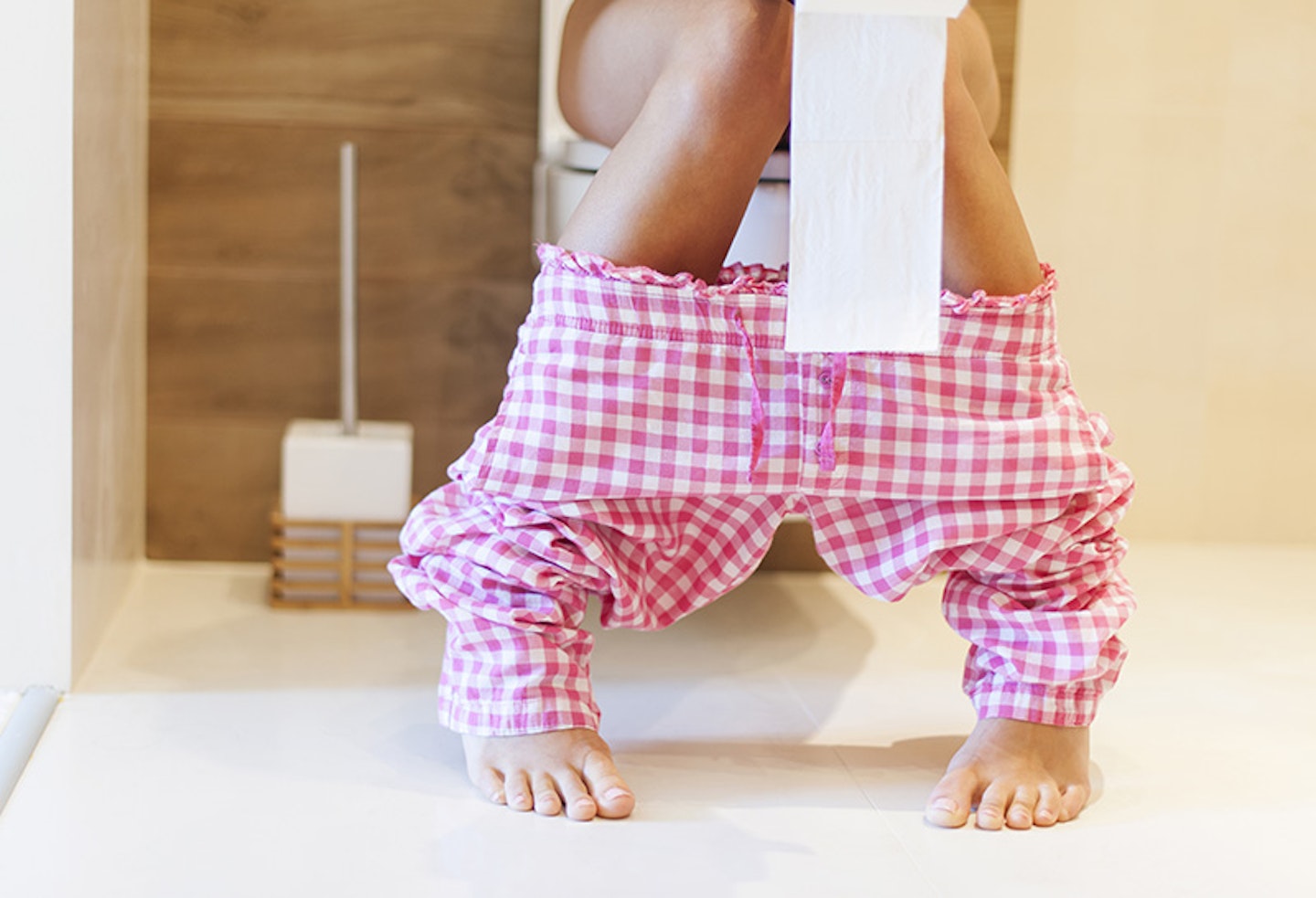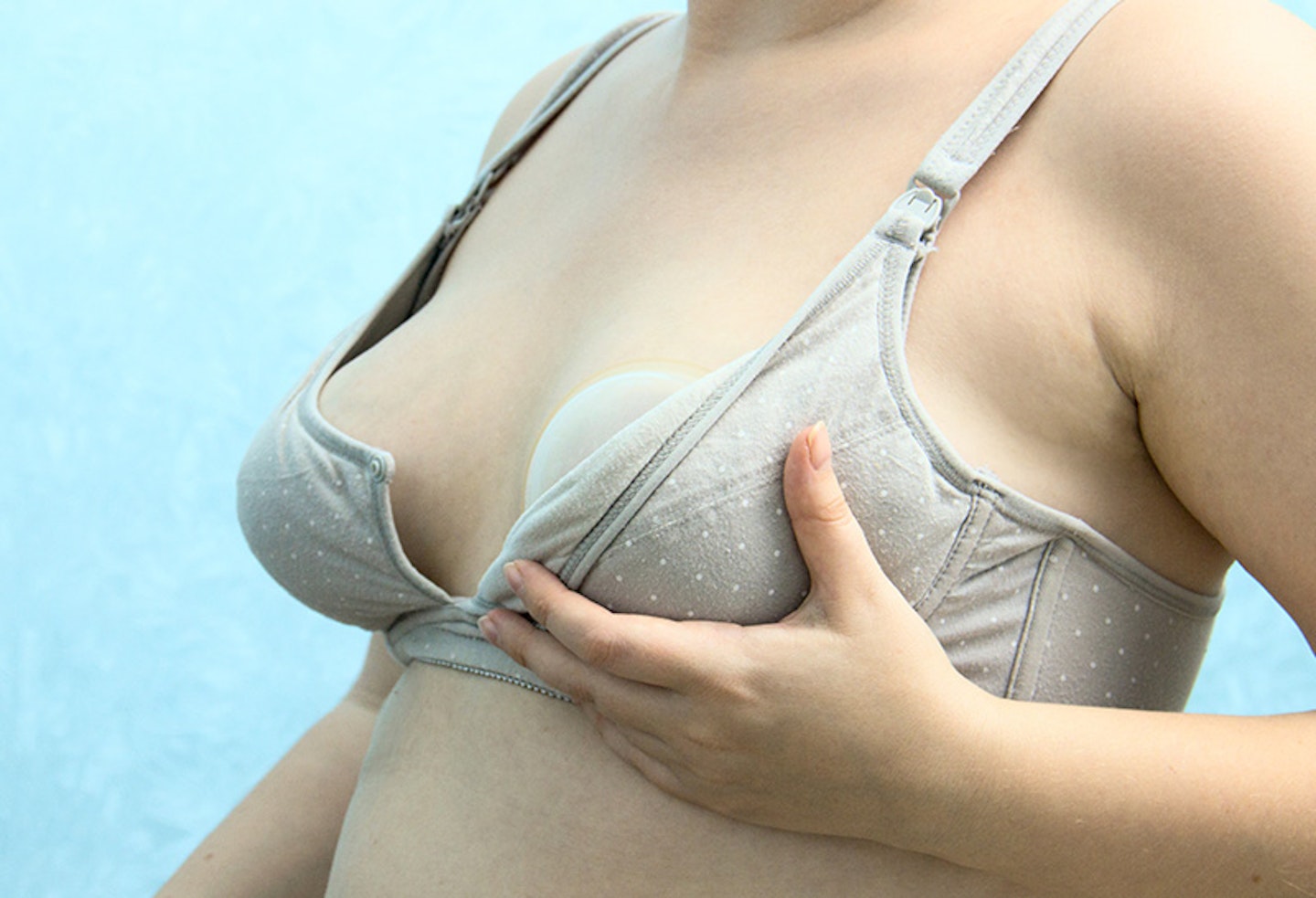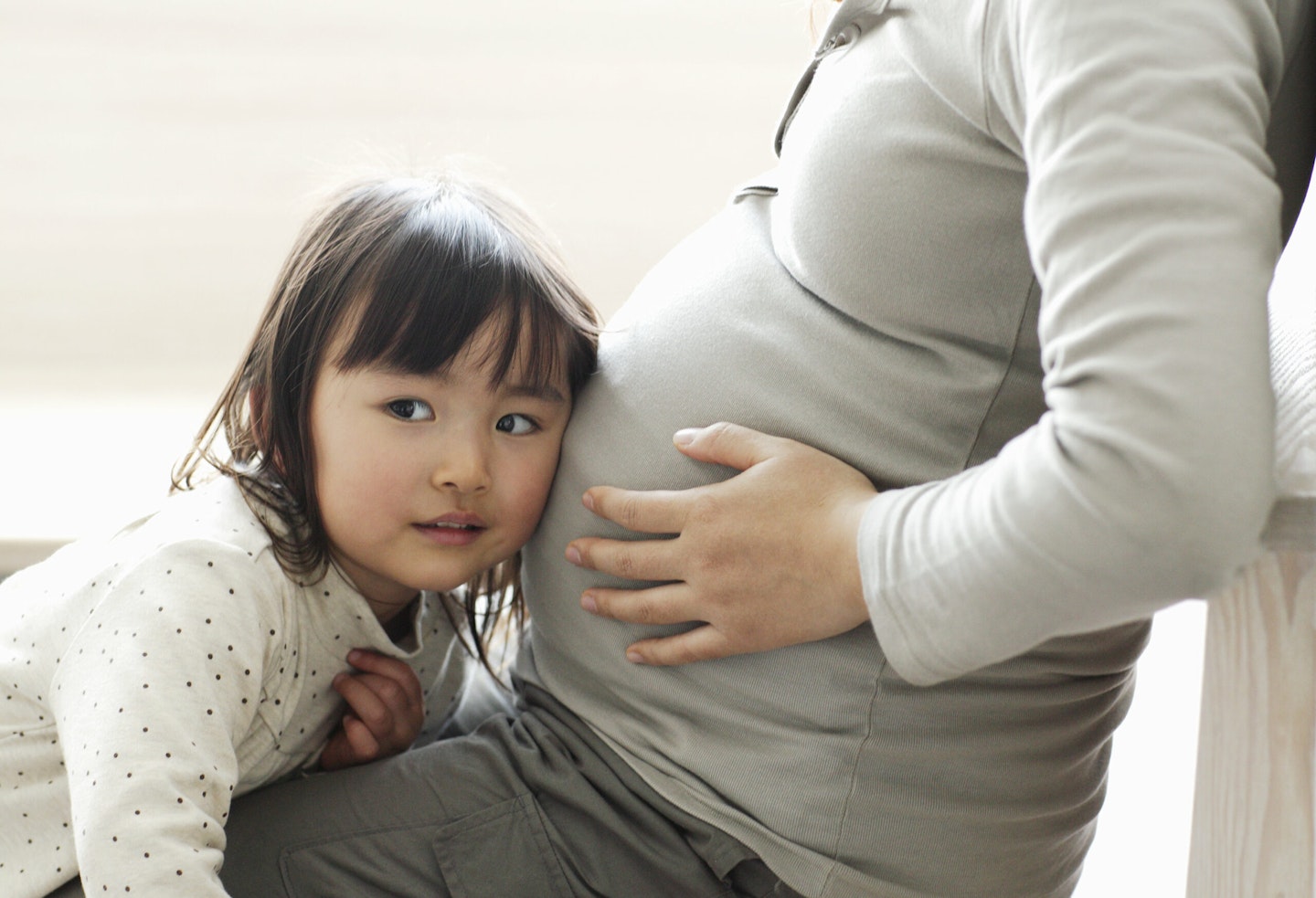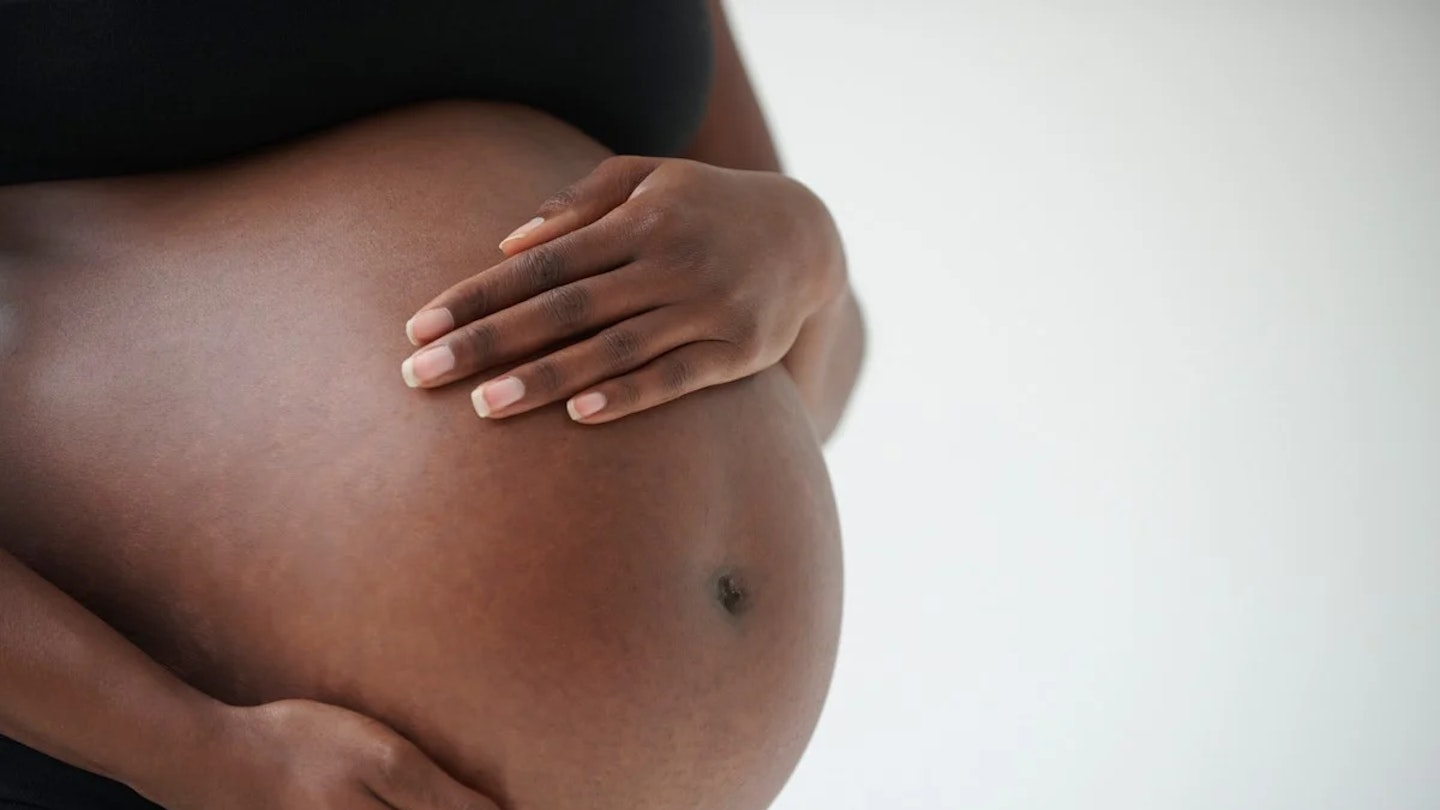You've reached the 28 weeks pregnant mark (which works out at almost 7 months pregnant) and things are starting to get very exciting for you and your baby!
In this article:
At 28 weeks pregnant, you can start building a bond with your baby through talking and singing, and you’ll have certain tests to check your health at this point in the pregnancy.
Find out what else is happening to your baby and your body at 28 weeks.
How big is my baby at 28 weeks?
Your baby’s as big as an aubergine this week, at two and a half pounds and nearly 15 inches long from top to toe. She’s also getting ready to meet the outside world, settling into the proper position for birth with her head facing downwards.

What’s my baby doing at 28 weeks?
You haven’t met your baby yet, but it’s not too early for you and your partner to start bonding with her. Whether you’re singing along to the radio, gossiping with friends or just chatting away to yourself, your baby will be able to hear it.
In fact, the sound of your voice will help to calm her – studies have shown that your baby’s heart rate actually drops when she hears your voice. Bless! Encourage your partner to talk to your bump too – it’s a great way to start fostering a bond between them.

Your baby’s eyes are also more developed than ever: she now can not only blink her eyes but also enjoy fluttering the lashes that have recently grown. Her eyesight is so good she may even be able to see light filtering in through your womb.
She’s also started dreaming of you: brain wave activity measured in foetuses shows that babies in the womb go through different sleep cycles, including the REM phase, when dreaming occurs.
Common symptoms to look out for at 28 weeks pregnant:
 1 of 7
1 of 71) Stuffy nose
If you feel like you have a cold, this may be due to the high levels of pregnancy hormones increasing blood flow to the mucous membranes in your nose, and causing them to swell. Nasal strips can help open your nostrils and make it easier to breathe.
 2 of 7
2 of 72) Faintness
Your burgeoning bump may be leading you to feel a little light-headed, as increased pressure is put on your blood vessels and reduces blood flow to the brain. If you’re feeling dizzy, make sure you keep your blood circulating well by drinking lots of water.
 3 of 7
3 of 73) Sciatica
You might also be experiencing tingling leg pain, also known as sciatica. As your baby moves around to get ready for birth, her head may decide to rest on the sciatic nerve in your lower spine, leading to some less than pleasant sensations for you: shooting pain, tingling or numbness in your buttocks and the backs of your legs. While the feeling can pass if your baby moves positions, it can also stay with you until childbirth. Try resting, warm baths, stretches or a heating pad to help with the pain.
 4 of 7
4 of 74) Constipation
Pregnancy hormones such as relaxin are busy loosening up the ligaments in your body for when your baby arrives. Another unfortunate effect is that they also relax the muscles around the intestines, leaving you with sluggish digestion. This can lead to – oh joy! – constipation. Luckily, there are some simple dietary tweaks you can make to speed things up: include more fibre-rich food in your diet such as wholemeal bread, beans and pulses and porridge oats. Drink plenty of fluids, and gentle exercise such as swimming or walking can help to get things moving, too.
 5 of 7
5 of 75) Trouble sleeping
Hormones, nerves and your burgeoning bump are all factors that will cause you strife and keep you up at night!
 6 of 7
6 of 76) Leaking breasts
At this stage, your breasts may have started producing colostrum which is a yellow substance. This is perfectly normal - some might suffer it and some might be lucky and avoid it!
 7 of 7
7 of 77) Shortness of breath
As your baby's growth continues to crowd your lungs it makes it harder to catch your breath. Take it easy and stay as relaxed as your possibly can.
What is my body doing at 28 weeks?
Hooray - you’ve made it this far and you’re now in your third and final trimester! You’ll start visiting your doctor or midwife more than ever at this stage, every two weeks, changing to every week once you get to 36 weeks pregnant (it’ll come sooner than you think!).
There will be plenty of tests to do now, from blood tests for HIV and syphilis to tests for glucose tolerance.

28 weeks pregnant is how many months?
Keeping track of how many weeks and months pregnant you are can be tough! When you reach 28 weeks pregnant, you will be in your 7th month of pregnancy, and just about to enter your third trimester.
What to do this week:
At around this point in your pregnancy, your midwife will check your blood count to make sure you’re not anaemic and prescribe you iron supplements if you are.
You’ll also be checked for gestational diabetes with a glucose tolerance test. You’ll be asked to fast the night before and at your appointment, your midwife will take a urine sample to get a fasting baseline level. You’ll then be given a glucose load – usually a thick, sugary drink – and be tested again – either two hours later or with blood prick tests every half hour. This is to see how your body deals with glucose (the sugar you drank). In a nutshell, if your body can’t produce insulin, which is needed to help reduce glucose to normal levels, it could be a sign of gestational diabetes.
What did you notice at 28 weeks pregnant? Let us know on Facebook or Twitter!
-
Make sure you're following Mother & Baby on Instagram for relatable memes, inspiring stories and parenting hacks!
-
Have approx 60 seconds to spare? Why not join thousands of mums-to-be and start your very own Amazon baby wish list! They're absolutely free to create and perfect to send to the friends, aunties and your mum to make sure you're getting the baby products you really need...Click here!
